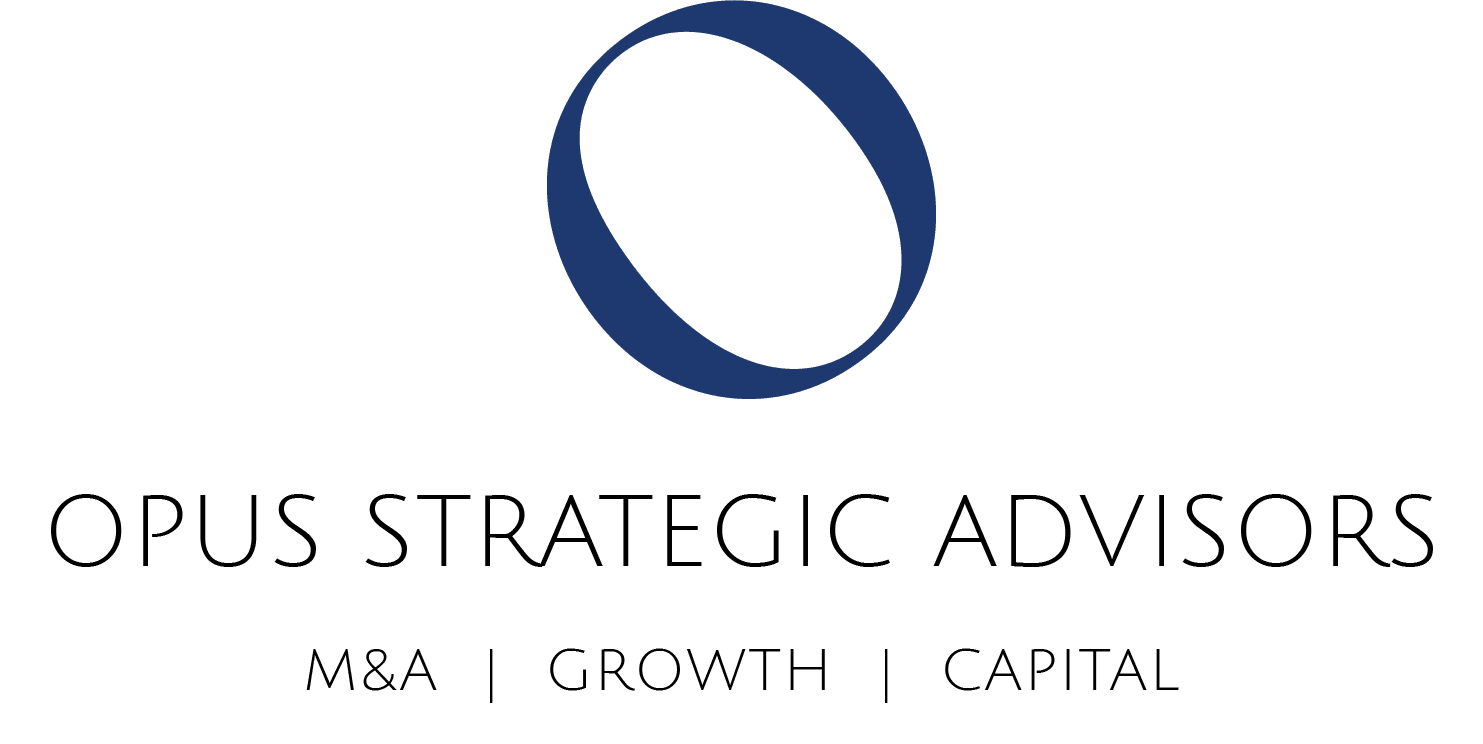It is crucial to identify, at the start of the process, the sale value you wish to achieve. Utilising a professional to provide you with an independent valuation is an important step to ensure that your expectations are being met and if not, how the gap can be bridged, and the timescales needed to achieve this.
Financial information (historical, current and projected) need to be clearly presented, but what other aspects need to be considered to ensure:
- That your business is attractive to buyers?
- That you can achieve the outcome you want from the sale?
- You achieve the best sale value?
Committing time and resource to the initial preparation ensures a streamlined process, the business being marketed to its full potential and presented in its best light.
1. Leadership succession
The transfer process from seller to buyer can vary greatly. Some business owners are asked to stay on for a period post transaction to help manage the transition. What devalues a sale and is seen as a significant risk factor for any acquirer, is if the business is reliant on the business owners or directors who are looking to leave through the sale. The business needs to be seen to be able to run without the owners involved, so it is important to have the right structure, roles and responsibilities in place before the business is taken to market.
2. Type of sale
What type of transaction are you looking to achieve? Is this a full exit plan or a minority sale? Are you looking at an external acquirer to buy the business or are you looking at an MBO/MBI? Is this something you want to offer to employees through an Employee Stock Ownership Plan (ESOP)? All of this needs to be considered at the outset.
3. The buyer profile
If you are going out to market, it is important to understand who you would want to buy your business and who you think would be interested in the business. Between market intel from your advisor and your knowledge of the market, you will be able to present a clear target audience for any acquirer.
When you consider the acquirer, what do they look like and what do they need to be able to do to make your business a continued success? Are there any acquirers you wouldn’t sell to?
4. Clear and concise opportunities for growth
As well as the financial breakdown of the business, it is paramount to have broader and deeper information about the business ready for the preparation of the Information Memorandum. A key aspect for potential buyers will be what growth opportunities there are for the business. Is there potential for new products and services to be introduced to the market? Will these be of interest to existing clients? What are the profit trends? This will help acquirers to see the scope for growth.
5. Customers
The acquirer will want to understand the strength of your sales cycle and pipeline. However, they will also want to have clarity on your existing customer base. Do you have diversity in your client base (client size, types of business, market sectors they are in etc). Any risks in your client base, such as one big account and lots of smaller accounts, will reduce the interest and the value of the business.
6. Operational metrics
Recurring revenue streams and a strong cash flow are key to any valuation, but other factors that add value are tight stock control, a low fixed cost structure, low customer loss ratios, and long customer tenure.
An acquirer will also want to understand aspects such as supplier relationship, detail on any legal disputes (past and current), employee risk factors and all contracts that the business has in place.
7. Deal risks
This last point is focused on the information you provide to any professionals that are supporting the sales process. It is important to discuss any risks in the business, along with what has been/or needs to be done to mitigate them. This will make sure that the sale of the business is not impacted later down the line and, if needed, the information can be presented in the best way to interested parties. You don’t want this to be the cause of the business sale to fall through.
Having all this information ready at the start will ensure a more streamlined sales process for you and your business. If you would like to speak to an advisor to discuss the valuation and preparation process of a business sale, please contact us on 0203 326 6454 or email the team at osa@opusllp.com.
